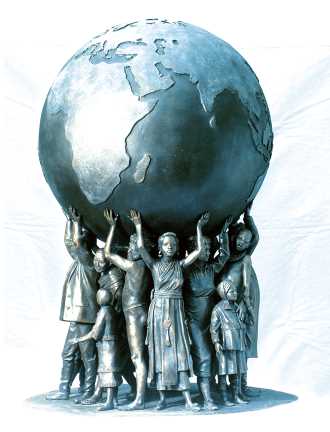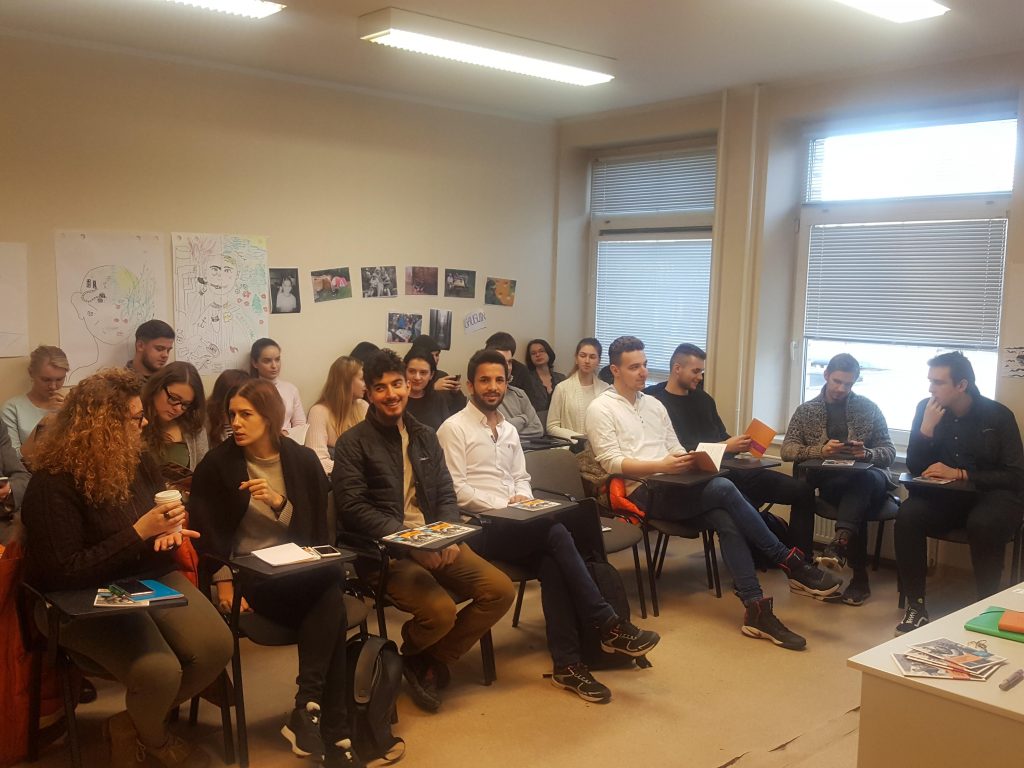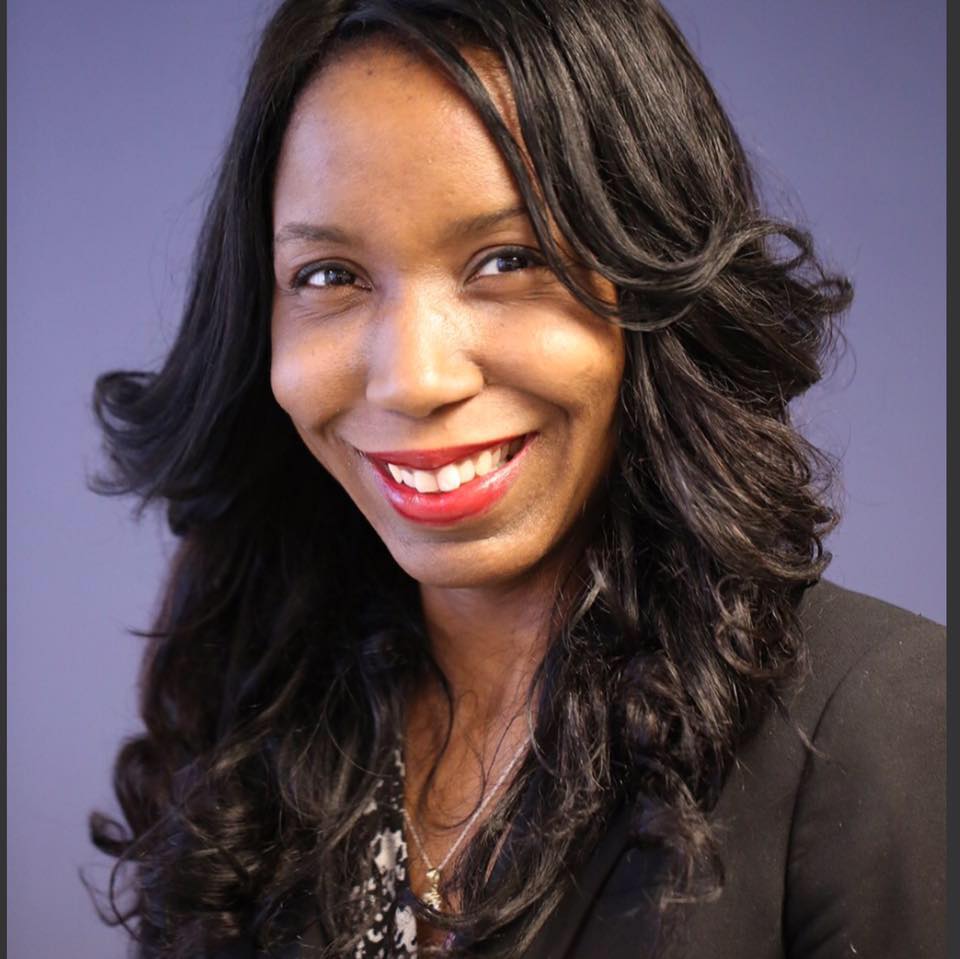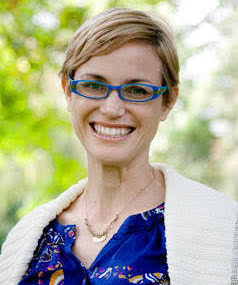ABOUT THE COURSE

What does it mean to be a global citizen?
This question has gained increasing salience as the world has become more globalized. With globalization new problems surface that cut across national borders and fall outside the jurisdiction of individual nation-states. In response, new forms of political organization have emerged to address these problems, which challenge the state as the primary locus of political authority and ultimate source of individual rights. In particular, these individuals and groups have appealed to a kind of global citizenship from below to call for action on and demand redress for the harms created by globalization.
Goals and structure
This interdisciplinary course critically examines the conceptual and theoretical foundations of the concept of global citizenship and investigates how the idea might work in practice. We begin by considering the conceptual, philosophical and historical debates about national and global citizenship. Then, we evaluate these ideas in the context of globalization and the new problems—such as forced migration and climate change—created by an increasingly interdependent world. Throughout the semester students will engage and collaborate with students across the Bard International Network who are also studying global citizenship, creating a dynamic global conversation about the potential for and limitations of global citizenship.

PEOPLE

Michelle Murray
Course Coordinator
Michelle Murray is assistant professor of Politics and co-director of the Global and International Studies program at Bard College. Her research and teaching interests include international relations theory, critical security studies and great power politics. Publications include The Struggle for Recognition in International Relations (forthcoming in 2018 with Oxford University Press) and articles and book chapters on the politics of recognition, German military strategy and the origins of the First World War. Her research has been supported by the Smith Richardson Foundation, the Mellon Foundation and the Bard Research Fund. Before joining the Bard College faculty, Professor Murray was a postdoctoral teaching fellow with the Center for International Studies at The University of Chicago and during 2014-2015 a Dean’s Fellow in International Security and US Foreign Policy at the Dickey Center for International Understanding at Dartmouth College.

Camilla Jones
Course Coordinator
Cammie Jones is the Assistant Dean for the Center of Civic Engagement at Bard College where she works closely on several international network projects, including organizing network courses. Cammie is active on several community boards and committees within Dutchess County. She serves as Board Member of the Mid-Hudson Children’s Museum, Chair of the Hudson Valley KidVenture Creative Committee, Secretary of Dutchess County Young Dems, member of the Catharine Street Community Center MLK Scholarship Committee, Hyde Park Democratic Committee member and International Women’s Day Committee member through the Dutchess County Regional Chamber of Commerce. Cammie Jones holds a B.S. in Kinesiology from the University of Texas at Austin and a M.A. in Higher Education Administration from Louisiana State University A&M.

Kerry Bystrom
Course Coordinator

Harper Zacharias
Course Fellow
Harper Zacharias is a Political Studies major and Gender and Sexuality Studies Minor at Bard College. They are a course fellow for the Global Citizenship course and a research assistant for Professor Michelle Murray. Previously, they have worked as a research assistant and development associate at the World Policy Institute focusing on global feminism and nonprofit development respectively. Harper has received the Ralph Ellison Award and John Bard Award for their academic achievement and been named a Student Action and Youth Leadership Fellow by the CCE. Harper has also been named a Point Scholar for their LGBTQ+ activism.
ABOUT THE COURSE
What does it mean to be a global citizen?
This question has gained increasing salience as the world has become more globalized. With globalization new problems surface that cut across national borders and fall outside the jurisdiction of individual nation-states. In response, new forms of political organization have emerged to address these problems, which challenge the state as the primary locus of political authority and ultimate source of individual rights. In particular, these individuals and groups have appealed to a kind of global citizenship from below to call for action on and demand redress for the harms created by globalization.
Goals and structure
This interdisciplinary course critically examines the conceptual and theoretical foundations of the concept of global citizenship and investigates how the idea might work in practice. We begin by considering the conceptual, philosophical and historical debates about national and global citizenship. Then, we evaluate these ideas in the context of globalization and the new problems—such as forced migration and climate change—created by an increasingly interdependent world. Throughout the semester students will engage and collaborate with students across the Bard International Network who are also studying global citizenship, creating a dynamic global conversation about the potential for and limitations of global citizenship.
PEOPLE
Michelle Murray
Course Coordinator

Michelle Murray is assistant professor of Politics and co-director of the Global and International Studies program at Bard College. Her research and teaching interests include international relations theory, critical security studies and great power politics. Publications include The Struggle for Recognition in International Relations (forthcoming in 2018 with Oxford University Press) and articles and book chapters on the politics of recognition, German military strategy and the origins of the First World War. Her research has been supported by the Smith Richardson Foundation, the Mellon Foundation and the Bard Research Fund. Before joining the Bard College faculty, Professor Murray was a postdoctoral teaching fellow with the Center for International Studies at The University of Chicago and during 2014-2015 a Dean’s Fellow in International Security and US Foreign Policy at the Dickey Center for International Understanding at Dartmouth College.
Camilla Jones
Course Coordinator

Cammie Jones is the Assistant Dean for the Center of Civic Engagement at Bard College where she works closely on several international network projects, including organizing network courses. Cammie is active on several community boards and committees within Dutchess County. She serves as Board Member of the Mid-Hudson Children’s Museum, Chair of the Hudson Valley KidVenture Creative Committee, Secretary of Dutchess County Young Dems, member of the Catharine Street Community Center MLK Scholarship Committee, Hyde Park Democratic Committee member and International Women’s Day Committee member through the Dutchess County Regional Chamber of Commerce. Cammie Jones holds a B.S. in Kinesiology from the University of Texas at Austin and a M.A. in Higher Education Administration from Louisiana State University A&M.
Kerry Bystrom
Course Coordinator

Harper Zacharias
Course Fellow

Harper Zacharias is a Political Studies major and Gender and Sexuality Studies Minor at Bard College. They are a course fellow for the Global Citizenship course and a research assistant for Professor Michelle Murray. Previously, they have worked as a research assistant and development associate at the World Policy Institute focusing on global feminism and nonprofit development respectively. Harper has received the Ralph Ellison Award and John Bard Award for their academic achievement and been named a Student Action and Youth Leadership Fellow by the CCE. Harper has also been named a Point Scholar for their LGBTQ+ activism.